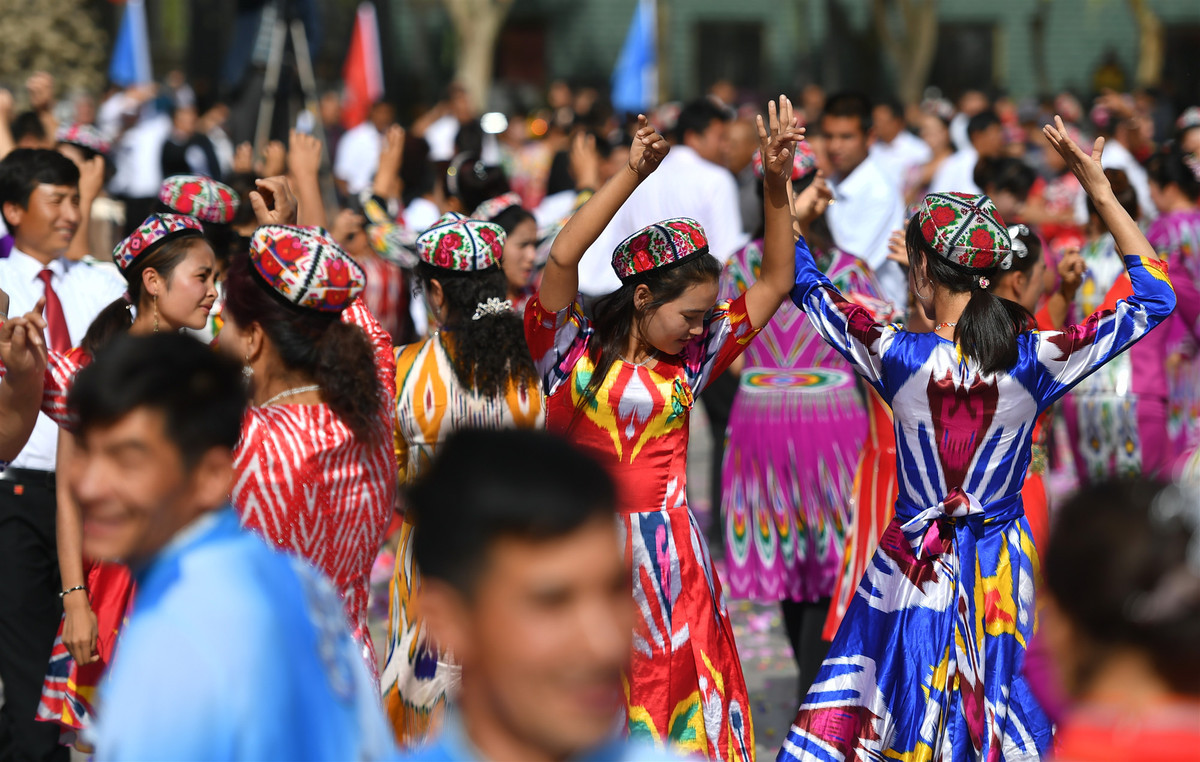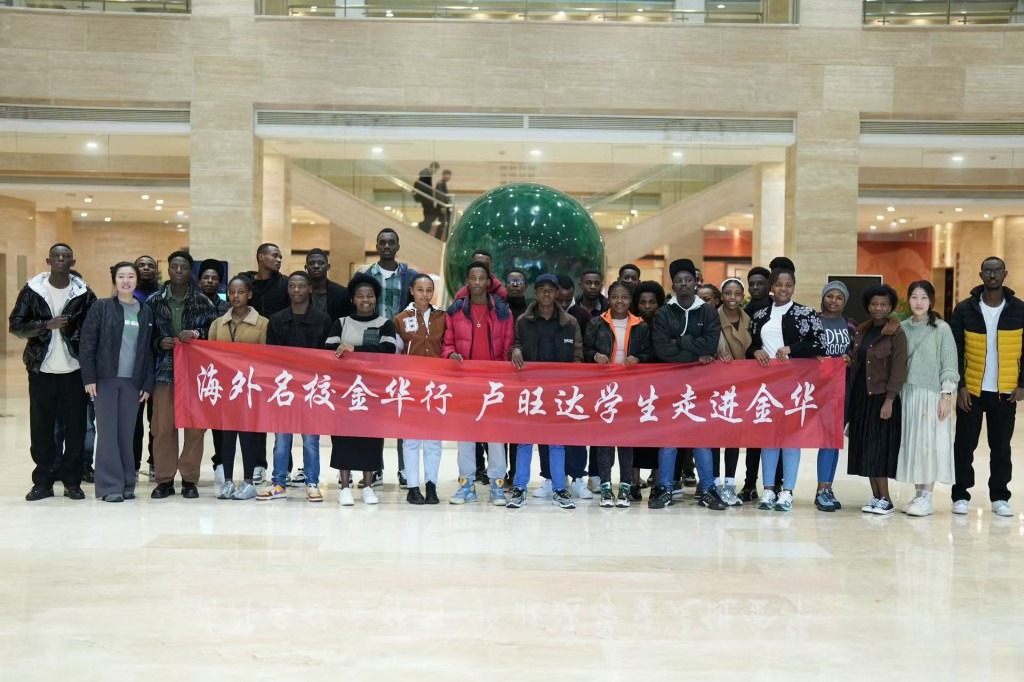Tightened security creates virtuous cycle in Xinjiang: China Daily editorial


When the Xinjiang Uygur autonomous region suffered from explosions, assassinations, arson attacks along with attacks on innocent people and riots from the early 1990s until 2015, the Western media mostly blamed the Chinese government for all this.
When not a single such incident has occurred in the past more than two years since tightened security has been administered and measures have been adopted to undermine the root causes of terrorism, extremism and separatism, they accuse China of infringing on the human rights of the local people.
It should go without saying that the Chinese government must do anything it can to crack down on the three evil forces to ensure people's safety. It would be unimaginable for both the central and local governments to sit idle while residents of different ethnicities in the region were being deprived of their right to enjoy a peaceful life and economic development.
The interview with the Xinjiang government chief published on Tuesday is meant to tell the world what the Chinese government has done and achieved in this regard.
The fight against terrorism, extremism and separatism in the region is complicated. In its undeveloped southern part, the penetration of religious fundamentalism was deep as poor education resulted in the lack of awareness about the rule of law, and abject poverty allowed for the acceptance of religious extremism among local residents.
As a result, training was organized so that those not deeply involved in terrorist and extremist activities could be made aware of their wrongdoing and at the same time be taught some kind of professional skills, as well as Putonghua, to help them land a job.
The rationale behind the training is that only by providing local residents with a means for them to make a decent living will they be able to resist the temptation of participating in terrorist and extremist activities.
The tightened security control and what has been done to squeeze the room for the presence of the three evil forces has paid off.
In 2017, the region's GDP grew by 7.6 percent, and the per capita disposable income for urban residents increased by 8.1 percent, that for rural residents by 8.5 percent. The number of tourist trips to the region was more than 100 million, an increase of 32.4 percent over the previous year. The number of visits it had received from January to September already reached 132 million.
Little wonder that better security and social stability are bringing an economic boom to the region, and economic prosperity will in return help rid the region of extremism, terrorism and separatism.
This is a virtuous cycle.
Today's Top News
- Xi, Botswana's president exchange congratulations over 50th anniversary of ties
- Technologies facilitate anti-corruption governance
- China, EU can jointly fight graft
- China's chip exports soar despite curbs
- Solid moves expected to deliver policy shift
- Global warming led to above-average temperatures in nation, say experts






























